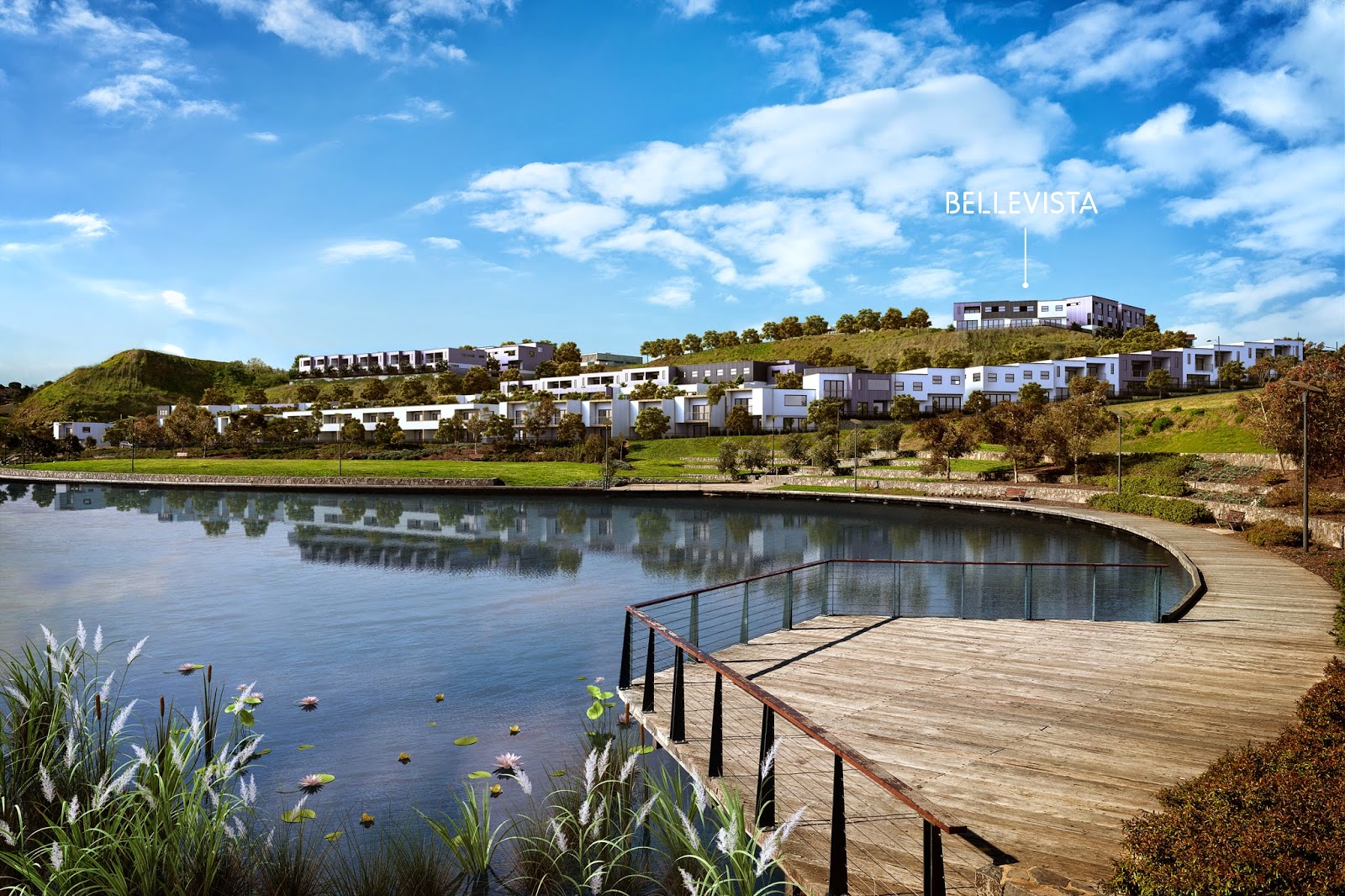The joy of Global Property Investment
Global Property Investment has brought me to many places where I did not even have the slightest chance of visiting. I have come to appreciate suburbs such as Woollongabba, Toowong, Southbank, Carnegie, Rowville, Boxhill, Brunswick, Carlton, Ipswich ... Mernda ... Where? Places where I did not even know exist and would never ever even thought of visiting. the adventurer in me took up the challenge of exploration. I've learnt the population profile, wages profile, likes and dislikes, new development plans ... even more so than the locals and even the agents. Can I say I know more than I do About these few Suburbs About My Own Backyard. Why so?
Recently I've just been researching on these Australian suburbs and how do I do that? A mixture of sales talk by agents, reading lots of reports and city council data and structural plans and my best friend Google Earth even talking to australian students. I've "flown" in and out of Australia several times a day, "walked" the streets and understand the fabric of the locality.
I've also gotten to know developers such as Caydon, Fridcorp, Kokoda etc and a myriad of small time developers. I know Caydon is owned by a Italian Family, Kokoda makes some luxury stuffs. Fridcorp does really funky stuffs. If you look at all the brochures, they are more or less run of the mill luxury and quality. Australian developers do make quality stuffs. One developer stood out - Fridcorp. Fridcorp's design approach appealed to me.
Besides design, numbers and fundamentals are really what it is all about in property investment.
Caydon on its website published some guides to investing in the for Off-plan properties. You can go take a look. http://caydon.com.au/caydons-top-10-tips-buying-investment-property/
What do I look for in a suburb?
Development plans (or lack of ...).
There are several gurus that advocated looking at areas with big development plans. I think as a retail investor, by the time the plan reaches us, the price would have priced in the price appreciation of the development coming in. As such, I really find it difficult to find good values in those areas.
I find value in mature suburbs where people wants to live in, where amenities are aplenty, where there are limited developments. Why do I say that? Being off The Radar have an Advantage as The Place is Not bidded up and there exists values in The Medium to long term. Short term speculation is Not for Me.
Carnegie focus
Carnegie is a suburb I've grown to like through my research. It is actually unpretentious and livable. Graffitis, street cafes, transport (not a hub) few kms from university, tree lined areas. How many suburbs can boast of train station, quatics centre, library, shopping strip, treelined streets all in the same suburb? The nature of the place is of moderate buzz with population of 16000 and this fabric makes a very nice urban village atmosphere. Fridcorp did a good job interpreting this neighbourhood into their 2 Morton Avenue project.
2 Morton Avenue
There are altogether 40 units in this small development of 652m2 of land. Built over 6 storeys, with the ground floor having a café shop. There are 2 configurations of 1 BR, one faces East which is butting 3 Morton Avenue. 3 Morton Avenue has built "a great wall of china" abutting 2 Morton Avenue. Architecturally, this is a very bad gesture. I've chosen a 1 Bedroom unit that faces West towards the city. Those facing inwards - good luck.
Lets analyse this project
Cons
A.
Too Close to Train Station - only 80m.
B.
Close to Level Crossing - 120m
C.
Unit Faces West - Hot Summers (Winter warmer).
D.
Koornang Road Unit Faces - Quite A Busy Road.
E.
Mechanical Parking
Pros
A.
Tallest Building in The vicinity
B.
West Faces The City
C.
Fridcorp Design
D.
No. amenities to Look After
E.
Cafe at The Ground Floor
If we look at the median price of the house in the suburb, this project is a bargain. Right next Door, Viva is Selling 1 BR Apartment for 365K and with a larger Balcony - 7 m2 extra compared to FRD. In terms of layout, 3 Morton really sucks as there are at least >5 sq m wasted as corridor space. The kitchen is compartmentalised which makes the space feels compact and small. 2 Morton with a smaller floor space will feel more expansive. compared against the 06 stack - 1 BR in 2 Morton Avenue - FRD by Fridcorp.
* Note : North Faces up - that is the train station.

The 05 stack - 1 BR in 3 Morton Viva Apartment.

Fridcorp design commands a premium in the market due to the striking architectural designs. It is an iconic design with few competitors. How does this translate to rental yield at a later stage we shall see.
At this point in time, I shall place my bet that this project would be a success given Fridcorp's reputation for quality build and design. At the moment, I've snapped up the last 1 BR unit and the rest are 2 BR and 2 Bath ... if you can afford it, you should go for 2 BR and 2 BR. It is only marginally more expensive, has better orientation and has better capital appreciation.
Recently, I've gotten valuation for 9 Morton Avenue 1 Bedroom Apartment which is about 2 years old. The valuation comes to about AUD395000 and this unit sits on the 1st floor (2nd floor for us) and looks very basic. 9 morton have no sinking fund at the moment and are tenanted around 370aud per week and the tenant comprises Morton Avenue Pty Investment. - The holding company for 2 Morton Avenue.





